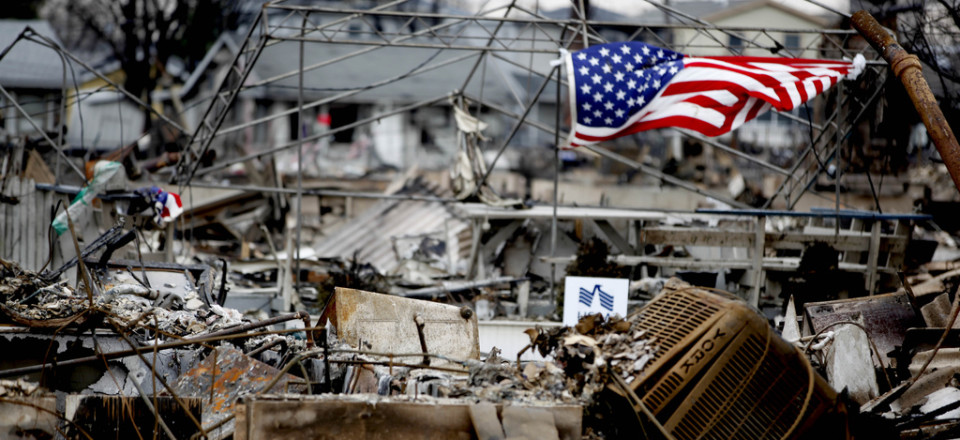“Context: The 2010 Deepwater Horizon oil spill triggered numerous concerns regarding the health and well-being of citizens within the already vulnerable Gulf Coast region. Four Mental and Behavioral Health Capacity Projects (MBHCPs) united to form the Quad-State MBHCP component of the Gulf Region Health Outreach Program (GRHOP). Their shared mission was to increase mental and behavioral health (MBH) capacity within coastal counties of Louisiana, Mississippi, Alabama, and the Florida Panhandle.
Materials and Procedures: Archival materials were assessed. They included attendance sheets/notes from regularly scheduled group meetings, GRHOP quarterly and annual reports, and state-specific MBHCP logic models. Nationally available data on MBH services provided in project-relevant primary care sites were also examined.
Conclusions: Isolated approaches to complex issues are, at times, ineffective. The Collective Impact (CI) model, with an emphasis on coordination among existing organizations, stakeholders, and the public, can serve as a guidepost to facilitate sustainable change even when used in a modified form. Strategies discussed herein for maximizing the 5 prescribed CI conditions provide an important roadmap for how to interface among multidisciplinary projects seeking to address the same, large-scale public health problem.”





